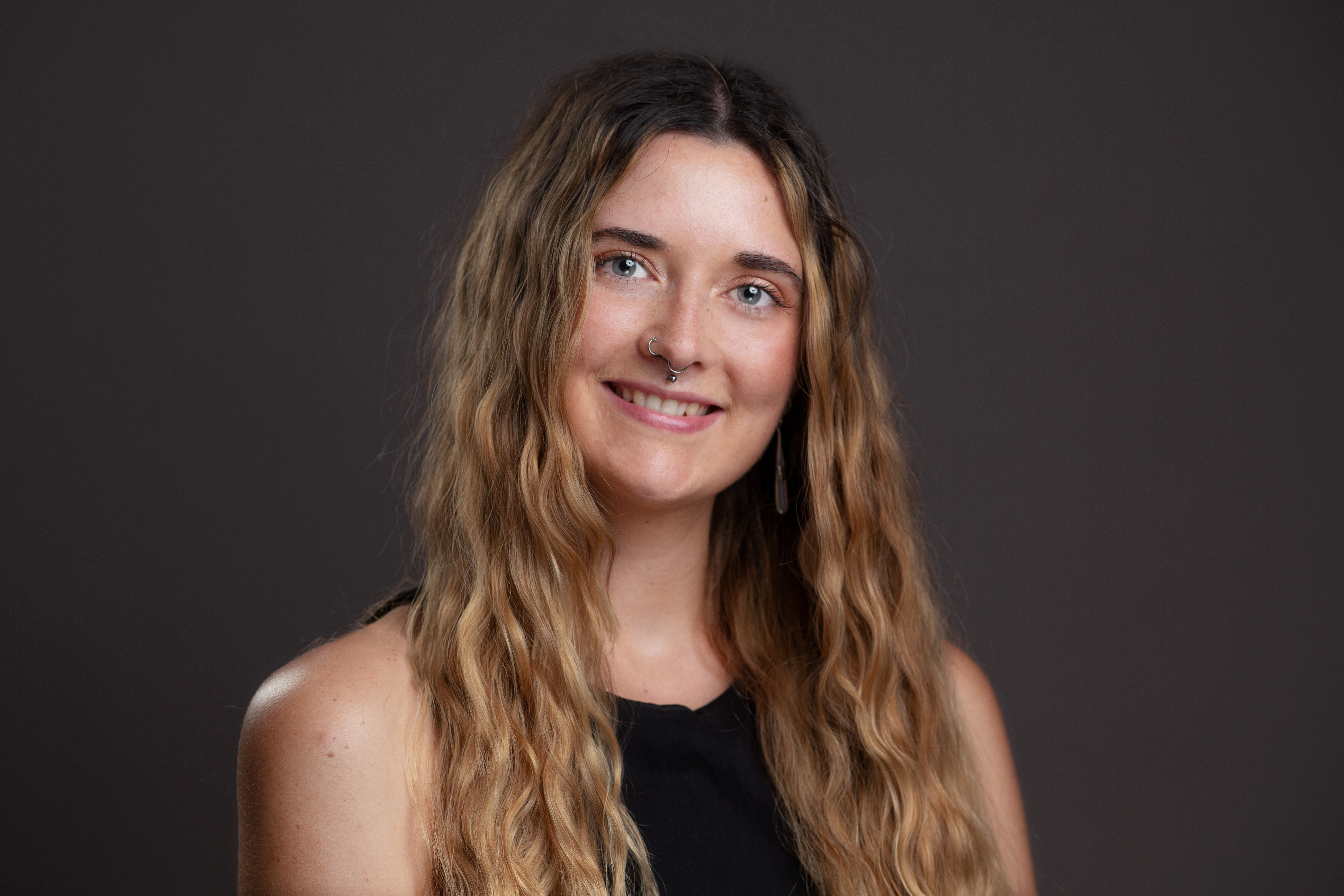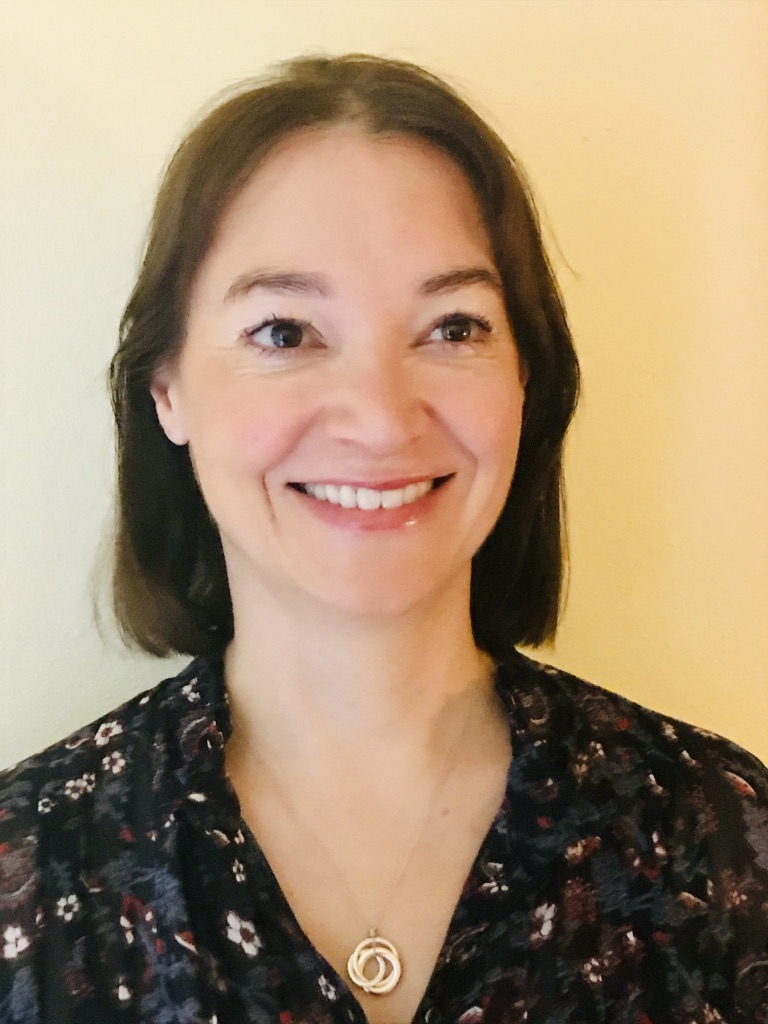The truth about drugs: the neuroscience, evidence, and drug checking
The truth about drugs: the neuroscience, evidence, and drug checking.
Theme: Treatments and translational neuroscience
Sunday 23rd April, 12:00 – 14:40
Session convened by Drug Science
Medical psychedelics and cannabis research has faced many political and legal challenges. Clinical research into the applications of psychedelics has been re-established and a so-called psychedelic renaissance has followed with neuroscience research at the centre. Medical cannabis has been legalised in the UK since 2018, but there is the need for evidence to improve patient access. Join our symposium to understand the neuroscience, therapeutic value and applications of psychedelics and cannabis and the role these will play in addressing mental health problems and other neurological conditions. As a society we must also consider ways to reduce the harms for those who use drugs, hear from a leading expert on the role of drug checking facilities.
 Hannah Thurgur, Drug Science, UK: Feasibility study of medical cannabis for the treatment of Long COVID symptoms (co-chair)
Hannah Thurgur, Drug Science, UK: Feasibility study of medical cannabis for the treatment of Long COVID symptoms (co-chair)
Biography: Dr Hannah Thurgur completed a Neuroscience PhD at the University of Manchester, which investigated the role of inflammation and the extracellular matrix in repair after stroke. After her PhD, Hannah was an Executive Officer at the British Neuroscience Association, where she helped promote neuroscience research and represent neuroscientists across the UK. Since her teenage years she’s been interested in evidence-based drug policy and during her PhD she became involved with drug policy reform advocacy. Hannah now applies her research skills within the areas of medical cannabis and medical psychedelics. She is the study coordinator for the medical cannabis and Long COVID clinical trial. She coordinates the Medical Psychedelics Working Group and collaborates on projects with Working Group members. She is passionate about harm reduction and improved drug education for young people.
Talk Abstract: Severe acute respiratory syndrome coronavirus-2 (SARS-CoV-2) infection can result in a range of persistent symptoms impacting everyday functioning for a considerable proportion of people infected, a condition termed Long COVID or post COVID-19 syndrome. The severity and set of symptoms vary between patients, and include fatigue, cognitive dysfunction, sleep disturbances, palpitations, tachycardia, pain, depression and anxiety. The high prevalence of Long COVID combined with the lack of treatment approaches has resulted in considerable unmet clinical need. Interestingly, there is a growing body of evidence that cannabis based medicinal products (CBMPs) can be used to treat transdiagnostic symptoms, many of which are commonly reported in Long COVID. We recruited 12 individuals into a 6-month clinical trial consisting of a treatment period of 21 weeks, followed by 3 weeks with no medication. A full spectrum cannabidiol (CBD) dominant CBMP (MediCabilis Cannabis sativa 50) was used in the study with a maximum daily dose of 150 mg CBD and 6 mg tetrahydrocannabinol (THC) permitted. In this talk, we will report on the feasibility, safety, and tolerability of using a CBMP as a treatment approach for Long COVID symptoms. We will present results for the retention of participants, medication adherence and compliance with the intensive study protocol, which included monthly clinical assessments, the use of wearable technology, as well as a smartphone app to record self-report questionnaires assessing various Long COVID symptoms. We will present some early exploratory investigations of the CBMP on Long COVID symptoms assessed via patient reported outcome measures.
David Nutt, Imperial College London, UK: Between Receptor and Mind: How Psychedelics Work in the Brain
 Anne Schlag, Kings College London, UK: Real World Evidence on the effectiveness of Cannabis-based medicinal products (CBMPs) (co-chair)
Anne Schlag, Kings College London, UK: Real World Evidence on the effectiveness of Cannabis-based medicinal products (CBMPs) (co-chair)
Biography: Dr Anne Katrin Schlag PhD is a Chartered Psychologist and Head of Research at Drug Science, where she leads the research for the Medical Cannabis Working Group, and the Medical Psychedelics Working Group. She holds Honorary Senior Fellowships at both Imperial College London and King’s College London.
Fiona Measham, University of Liverpool, UK: Introducing the UK's first Home Office-licensed, local government-funded regular drug checking service
Session convened by the Drug Science
